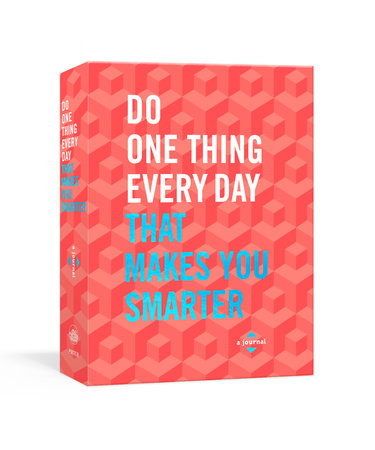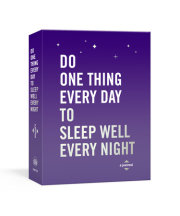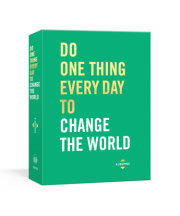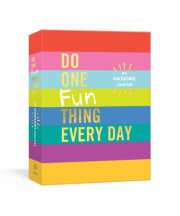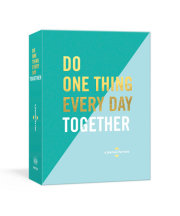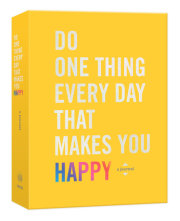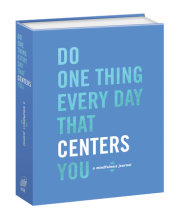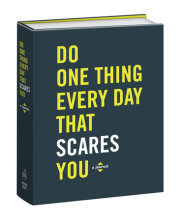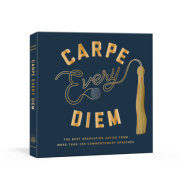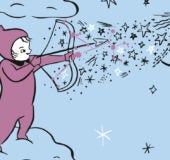I am still learning
—Michelangelo
This was a favorite saying of one of the greatest artists of all time. And modern science has proved him right. Neuroplasticity—the ability of the brain to change throughout adulthood—was one of the great discoveries of the late 20th century. “We come into the world programmed with the capacity to change what is given to us by nature, so that we can go beyond it,” according to cognitive neuroscientist Maryanne Wolf. “Groups of neurons,” she writes, “create new connections and pathways among themselves every time we acquire a new skill.”
The psychologist Howard Gardner introduced the Theory of Multiple Intelligences in the 1980s. He identified eight different ways in which we can excel at processing information—at being smart—from the linguistic to the musical, only three of which are measured by standard IQ tests.
What better way is there to take advantage of both Wolf’s and Gardner’s insights than to accept the challenge of this book to
do one thing every day that makes you smarter? Prompts activate all of your intelligences in response to the words of brilliant poets, artists, entertainers, writers, actors, scientists, politicians, and philosophers. Skim through the book’s pages each day to find a way to expand your mind that interests you.
Compare yourself to underestimated geniuses like Thomas Edison, who was once told by a teacher that he was “too stupid to learn anything.” Discover secrets to getting smarter from “MacArthur geniuses,” winners of an award given by the MacArthur Foundation for “extraordinary originality and dedication . . . and a marked capacity for self-direction.” Flex your brain with word, number, and optical puzzles, and pledge to add to your knowledge from lists of key information in a range of fields from classic films to contemporary technology skills. Read about the “Aha!” moments of Stephen Hawking, Oprah Winfrey, and others, and record Aha! moments of your own. Find tips for how to work, study, eat, and even sound smarter. Gain insight into your own mind by reflecting on what you know and don’t know.
This book is not just a collection of the wise words of others, however. It is a place where you can put your own ideas into words. “The finest thought runs the risk of being irrevocably forgotten,” wrote the philosopher Arthur Schopenhauer, “if we do not write it down.”
Begin with the report card on this page: Grade how smart you feel today. Then grade yourself again at the end of the last page of the book—after a year of doing
one thing every day that makes you smarter.
Copyright © 2021 by Robie Rogge. All rights reserved. No part of this excerpt may be reproduced or reprinted without permission in writing from the publisher.




